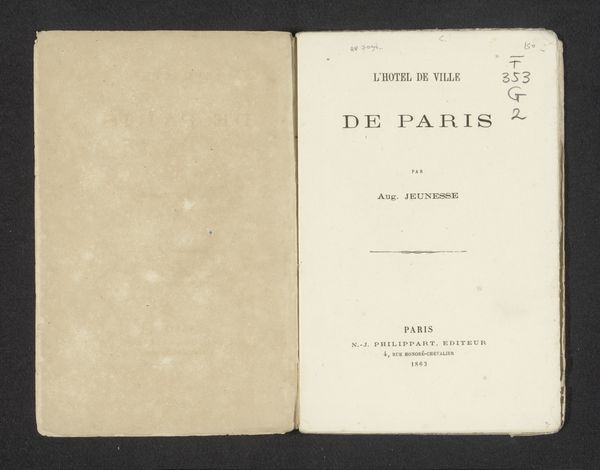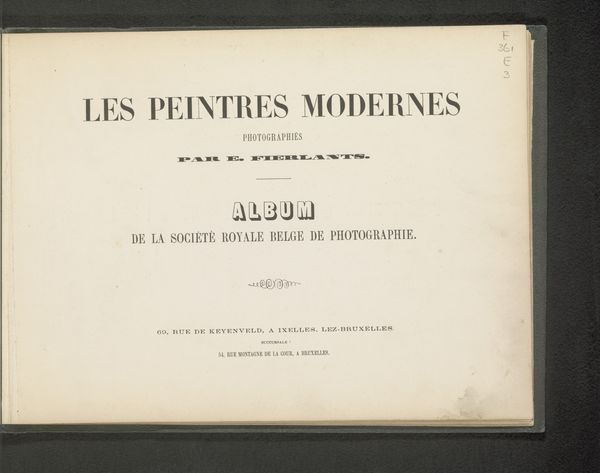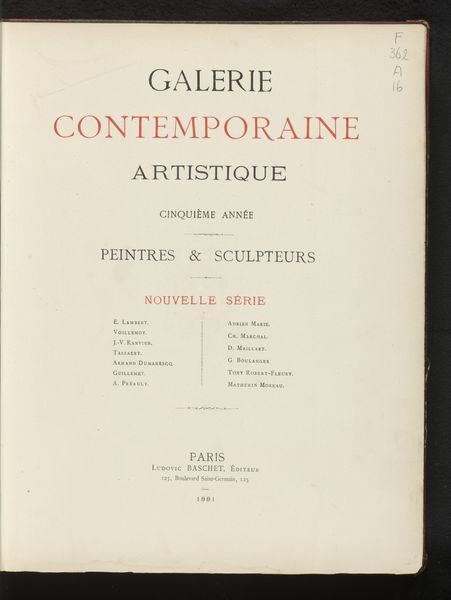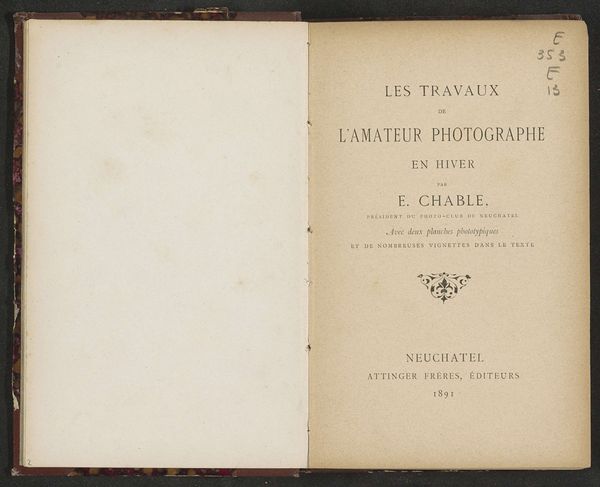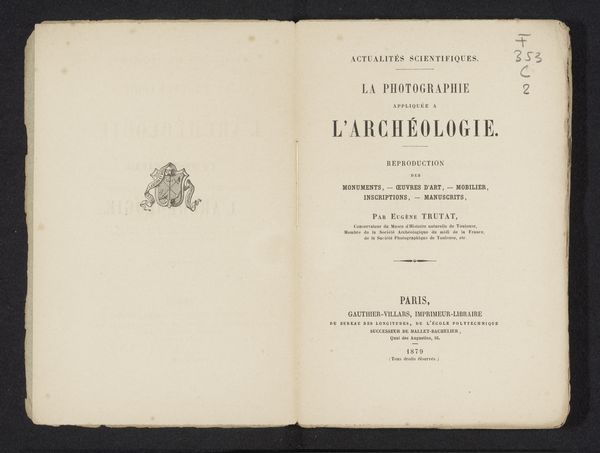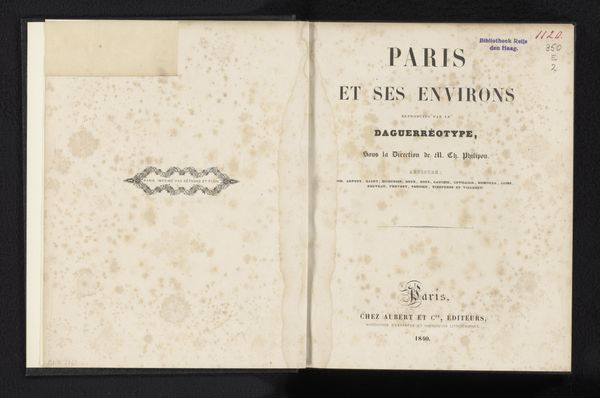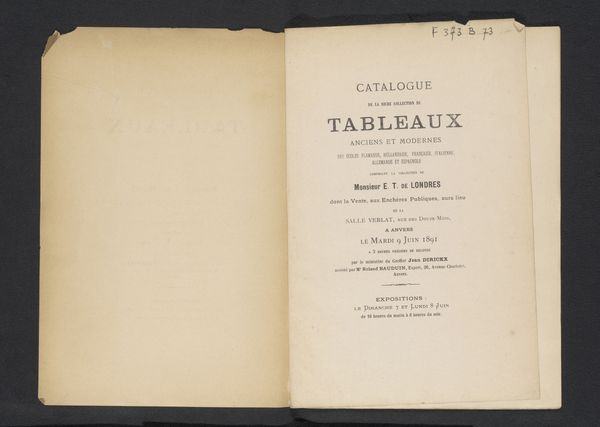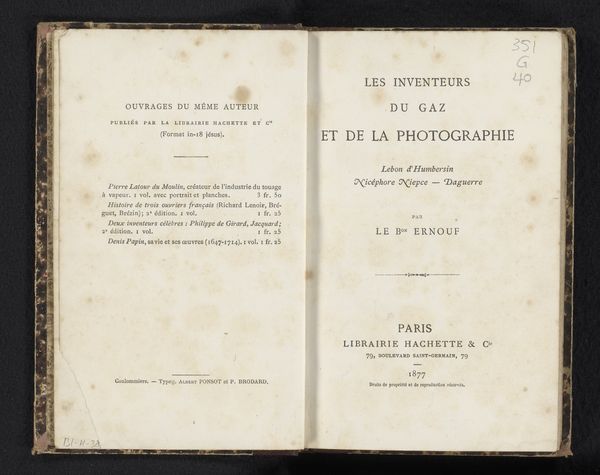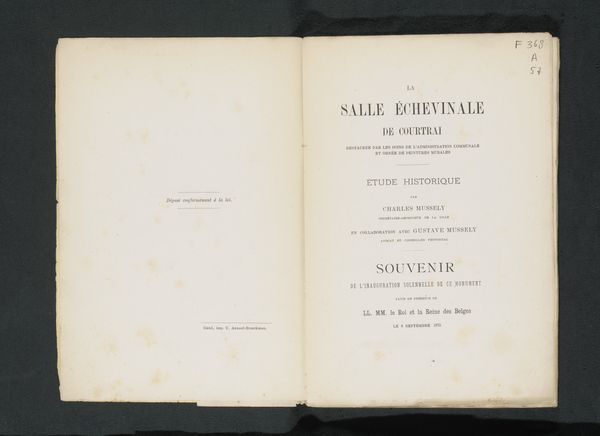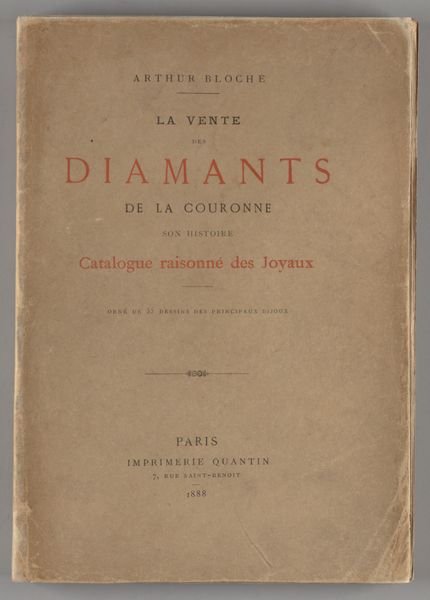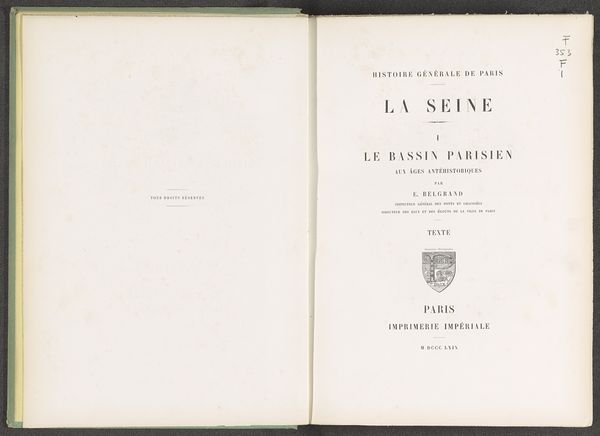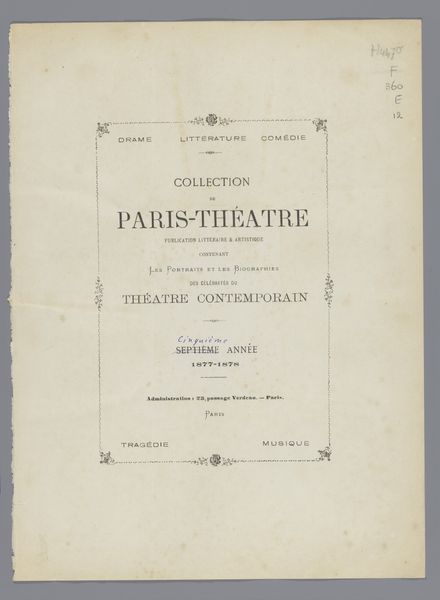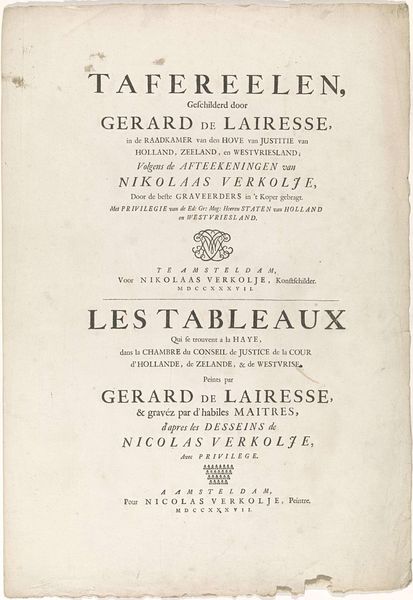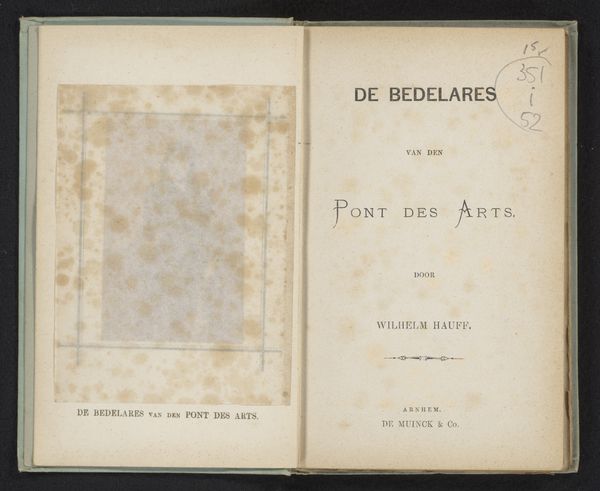
Architecture arabe : ou, Monuments du Kaire, mesurés et dessinés, de 1818 à 1826 1839
0:00
0:00
drawing, lithograph, print, architecture
#
drawing
#
neoclacissism
#
lithograph
# print
#
landscape
#
france
#
islamic-art
#
architecture
Dimensions: (h x w x d): 22 3/4" x 16 13/16" x 2 3/16"
Copyright: Public Domain
Pascal Coste created this lithograph, "Architecture arabe: ou, Monuments du Kaire, mesurés et dessinés, de 1818 à 1826," in Paris in 1839. Coste was a French architect who traveled extensively in the Middle East in the early 19th century. This print reflects the era's fascination with the "Orient," but it's important to consider the power dynamics at play. Western artists often depicted Middle Eastern cultures through a lens of exoticism and otherness, reinforcing colonial narratives. How does Coste's detailed rendering of Cairo's architecture contribute to or challenge these representations? Does it celebrate the beauty of Islamic design, or does it serve to further Western understanding and control? Consider the role of architecture in shaping identity and cultural memory. These monuments are not just buildings, but also symbols of history, power, and community. What stories do they tell, and whose voices are represented in their construction and preservation? Take a moment to consider how our understanding of history is shaped by those who document and interpret it.
Comments
No comments
Be the first to comment and join the conversation on the ultimate creative platform.
